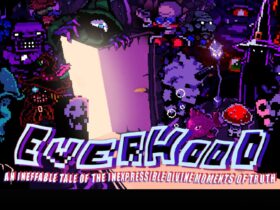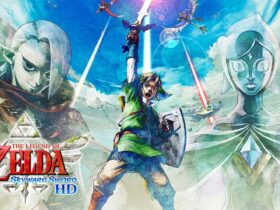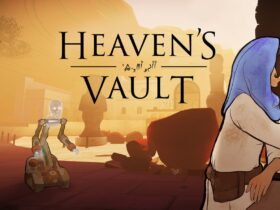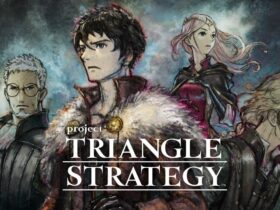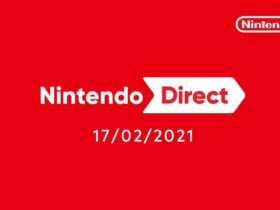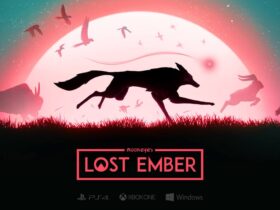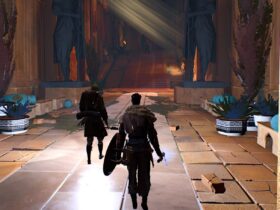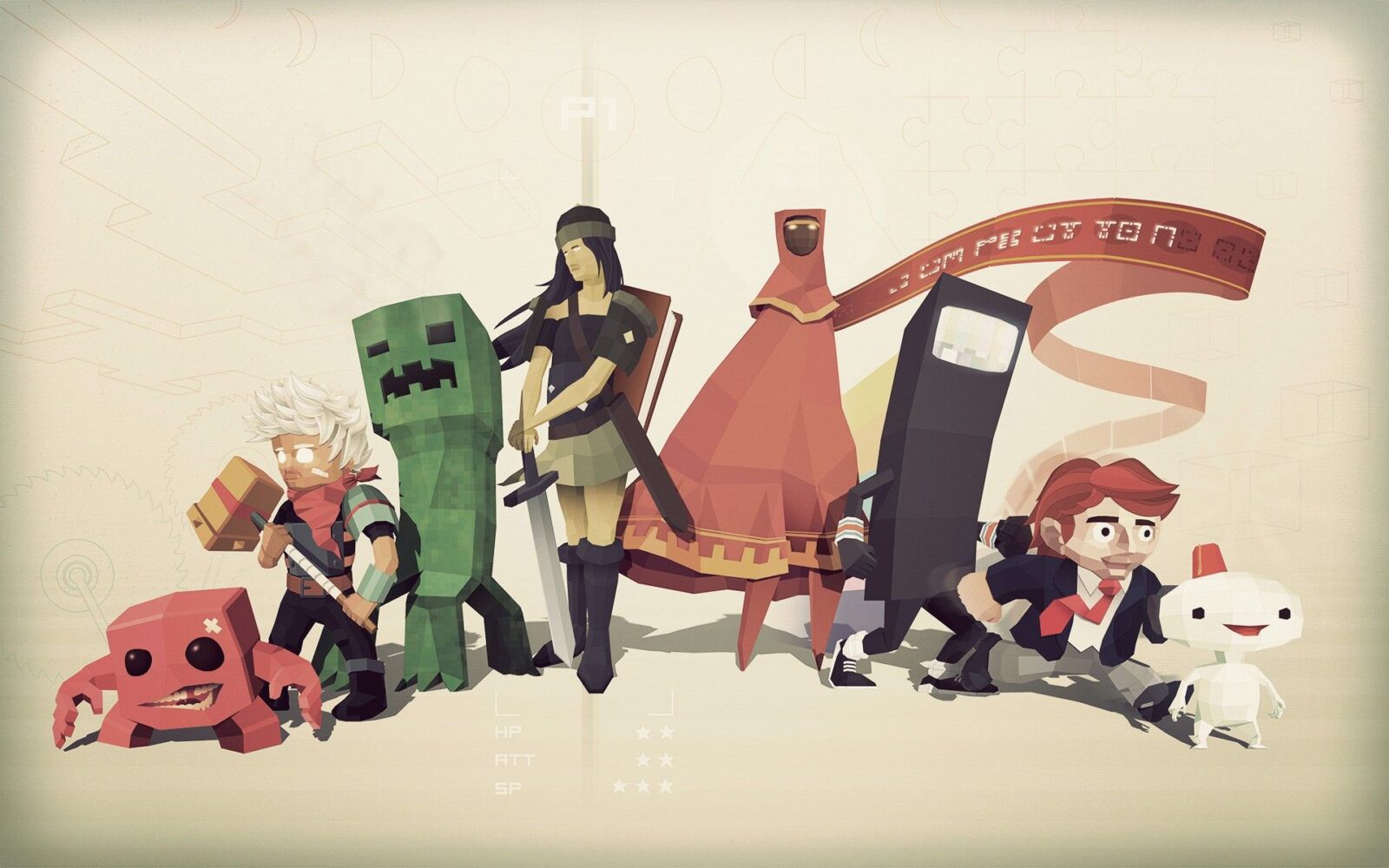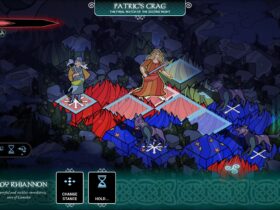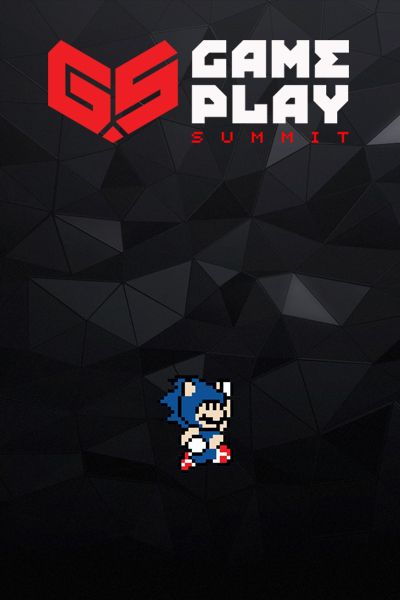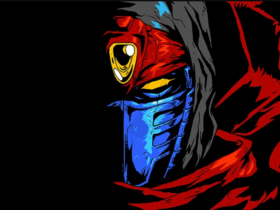What is “indie?” At the root of it, indie means, when applied to a game studio, that the studio’s endeavors are undertaken without financial support from a publisher. Literally, the studio is independent. It operates without outside assistance.
Other definitions include the possibility that an indie studio is backed financially by some larger organization, but maintains its creative freedom, at least in part. So, an indie studio is a studio with a notable measure of creative or financial independence.
That’s an important definition to keep hold of, but it doesn’t express the wider “feel” of what indie is today. There’s a difference between indie feel and indie status.
The Image of Indie
These days, indie is much less a financial status-marker than it is an indicator of game style, studio size, and marketing approach.
The image of an indie game, in many people’s heads, is a 2D-platformer with pixel art made by less than ten people. An indie studio is recent college grads in someone’s parent’s basement. An indie studio is always just one flop away from bankruptcy. The story of an indie studio is, by and large, struggle and failure.
There are a lot of indie studios these days, trying to make it work. Those who do escape failure or become majorly successful, often unfairly, begin to outgrow “indie” simply because of their success. The bigger the team and the more money you’re making, the less independent you look.
The Look and Feel
It’s complicated, but the feel of an indie studio is sometimes different from the feel of an indie game. If you don’t know what kind of financial support a studio is receiving, and if you only see the game they’ve made and nothing else, you might come away with the impression that they’re an indie studio.
Even game studios with huge amounts of publisher support can “look” indie. Often, that’s a marketing tactic. There are advantages to having an indie feel, after all. Indie developers often draw a die-hard community around them, people who are there not just for their dedication to a game or a franchise but their dedication to the studio itself.
Indie developers are also known as innovators, coming up with game concepts and implementations that haven’t been seen before in mainstream games. So, one advantage to marking yourself as indie is that you’ll be viewed as unique.
Studios like Supergiant Games or Team Cherry come to mind. These are successful independent studios with large followings of enthusiastic fans, praised for their potential to create video game masterpieces. Studios like these give indie a “good name.” So why wouldn’t marketers want their studio to look like it could be the next Supergiant?
Indiepocalypse
Indie, these days, is a spectrum. What makes you indie is a combination of different factors. How big is your studio? How are you funded? What is your budget? Do you have creative freedom, or are your decisions to some degree controlled by the people who give you money? What’s your track-record? Are you riding the waves from a previously successful title? Have you had a hit yet? How successful are you? How much money have you made?
In the old days, when indie studios and developers were less common, the definition of indie was perhaps more straightforward. And it seems like indie studios that established themselves back then were more likely to succeed at the time than newer studios are today.
Today, wider access to game development tools like Unity and GameMaker have made making games faster, easier, and cheaper. This means that lots more people are making games now. This influx of new games into the market has led to the so-called “indiepocalyspe,” a tongue-in-cheek term that seems to imply that all of these new games have had a negative impact on the game industry, by causing consumer markets (mostly Steam) to be flooded with “bad games.”
You won’t be surprised to find that I don’t really like the term “indiepocalypse,” unless it’s meant sarcastically. The term has fallen out of use (it was thrown around a lot more half a decade ago), and I think a lot of people have moved past this mentality. “More games” is a good thing. Sure, it means more bad games, but it also means more good games.
Hobbyist Developers
New game development tools aren’t just for professional indie studios. The rise of the mid-sized indie studio is also the rise of the hobbyist developer. Bedroom coders, spare-time artists, design prototypers, and other people who dedicate their spare time to making games. Not only do they work without publisher support, but they also work solo or in two-to-three team sizes.
The tools that help increase the productivity of a small studio also make it easier for a single developer to create a game, all on their own. To make a good game as a solo-developer or tiny team is still a difficult feat. But it’s becoming more and more common.
Now, more than ever, as the financial prospects of forming an indie studio decline, hobbyist developers are becoming more and more common. There are no sharp distinctions between hobbyist and indie, but the size of game-making teams seems to be getting smaller on average.
It’s interesting how things have come back around. Back when video games were still young as a medium, there were lots of people in the US, UK, and Japan developing games as a hobby, who later found fame and success. You can learn more about part of that history in the video embedded below.
In the Hands of The People
Over the last decade, the way games are funded, made, and marketed, from hobbyist to indie to AAA has shifted. However things look over the next decade, it’s important that the hobbyist and indie scenes continue to thrive and to nudge game development trends in new directions with unique, creative, and weird ideas.
It’s important that this space of developers and players continues to have the means to create and play interesting, exciting, and innovative games, independent and unswayed by interest groups and faceless corporations.
And to any hobbyist devs out there: claim each success, be proud of your work, and most of all, just have fun making stuff.


